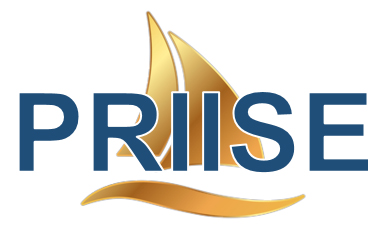
This week, at the International AIDS Society meeting, I will be sharing a poster of my autoethnography of being a peer change agent (PCA) in an intervention I called POSSIBLE to improve PrEP use for Black sexual minority men (SMM).
POSSIBLE was a theoretically-guided multicomponent intervention designed to improve perceived HIV risk as a precursor to PrEP initiation among Black SMM. Briefly, the intervention involved two virtual sessions with a PCA (me) who used a script to assess participants’ goals, values, and risks, share prevention information, and encourage PrEP use. The script also anticipated men’s PrEP reservations, tailored responses, encouraged PrEP use regardless of behaviors. Participants also downloaded a publicly available app called PrEPme to record their sexual risk behaviors in an app-based diary for a month then reviewed the diary with me to reassess their PrEP interest in the second session.
I used PrEP partially in response to formative research suggesting that I serve the intervention as the PCA and maintained daily adherence for approximately a year and a half. In the autoethnography, I discussed how even I struggled to overcome most of the barriers we know about PrEP (and some that we overlook), including stigma from clinicians, partners, and self, along with constant reminders of navigating relationships within a marginalized context. Sometimes it was also a hassle to get. Once I got the medication, adherence was simple enough, but taking that pill was a constant reminder of being a member of a minority group being medicated for a condition I did not have. However, I used those feelings and experiences to connect with participants and help them assess the appropriateness of PrEP for them and navigate the barriers with more empathy and understanding.
There was much value of having the dual role of a PI and a PCA. First, I was able to have a deeper understanding of the PrEP barriers than reading about it, which matured my perspective regarding ways to serve the community and design future interventions. I was also able to connect with participants who appreciated my multiple identities because I was able to relate to their experiences as a peer but also translate health information as a professional. Some of them were willing to initiate PrEP because they knew I understood the circumstance of Black gay men as a Black gay man and trusted that I cared about community health. Other research we have done suggests that clinicians should use PrEP to build trust in medicine and healthcare. I’ve talked with some clinicians and researchers who believe that PrEP is “just for them,” which could contribute to why we struggle to improve PrEP use for Black SMM.
Being the PCA highlighted the crucial role of the timing of PrEP introduction (and adherence) at particular points in men’s lives. We need tailored approaches that consider how PrEP fits in with the goals and stages of Black SMM’s lives. Some key questions remain, though: Who gets to be a peer? What are key characteristics of the PCA? How do we increase the number of Black SMM researchers? I hoped to better illuminate the marginalized experience of using PrEP as a Black gay man so that other researchers take a step back to more carefully consider the ways we introduce PrEP into the community. I also wanted researchers to have more compassion for the complex process that it is to acquire and use PrEP because it may not be worth the barriers or reminders.
Check out the article that was recently published this Spring and reach out to talk more at IAS in Brisbane.
